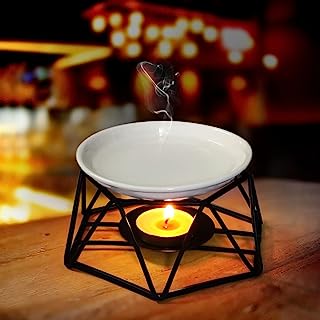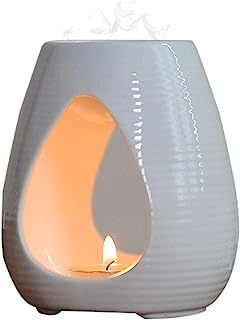Introduction: Oil burners are essential components of heating systems used in many homes and commercial buildings. They provide efficient and reliable heat by converting fuel oil into heat energy. In this blog, we will explore the inner workings of oil burners, their benefits, and tips for proper maintenance to ensure optimal performance.
- How Oil Burners Work: Oil burners operate on a simple principle: the combustion of fuel oil to produce heat. The key components of an oil burner include the fuel pump, combustion chamber, nozzle, and ignition system. When the burner is activated, the fuel pump delivers oil to the nozzle, where it is sprayed into the combustion chamber. The ignition system then ignites the oil mist, creating a controlled flame that generates heat.
- Benefits of Oil Burners: Oil burners offer several advantages that make them a popular choice for heating systems:a) Efficiency: Oil burners are highly efficient in converting fuel oil into heat energy. Modern oil burners are designed to optimize fuel combustion, ensuring minimal waste and maximum heat output.b) Reliability: Oil burners are known for their reliability and durability. They are built to withstand demanding conditions and can provide consistent heat even in extreme weather conditions.c) Versatility: Oil burners can be used in various heating applications, including residential homes, commercial buildings, and industrial settings. They are compatible with different heating systems, such as boilers and furnaces.d) Cost-effectiveness: While the initial installation cost of an oil burner may be higher compared to other heating options, the long-term operating costs can be competitive. Additionally, advancements in technology have made oil burners more efficient, reducing fuel consumption and overall expenses.
- Maintenance Tips for Oil Burners: Proper maintenance is crucial to ensure the efficient and safe operation of oil burners. Here are some tips to keep in mind:a) Regular Cleaning: Regularly clean the combustion chamber, nozzle, and other components to remove soot, debris, and residue. This will help maintain optimal combustion and prevent clogging.b) Filter Replacement: Replace the oil filter as recommended by the manufacturer to ensure a steady supply of clean fuel and prevent contaminants from entering the burner.c) Annual Servicing: Schedule annual maintenance and servicing by a qualified technician. This includes inspecting and adjusting components, checking for leaks, and verifying the overall performance of the burner.d) Fuel Quality: Use high-quality fuel oil to prevent impurities that can affect burner performance. Regularly check the fuel tank for water accumulation and address any issues promptly.
Conclusion: Oil burners play a crucial role in providing efficient and reliable heat in residential and commercial settings. Understanding how they work and implementing proper maintenance practices can ensure optimal performance and longevity. By harnessing the benefits of oil burners, you can enjoy comfortable and cost-effective heating throughout the year.



